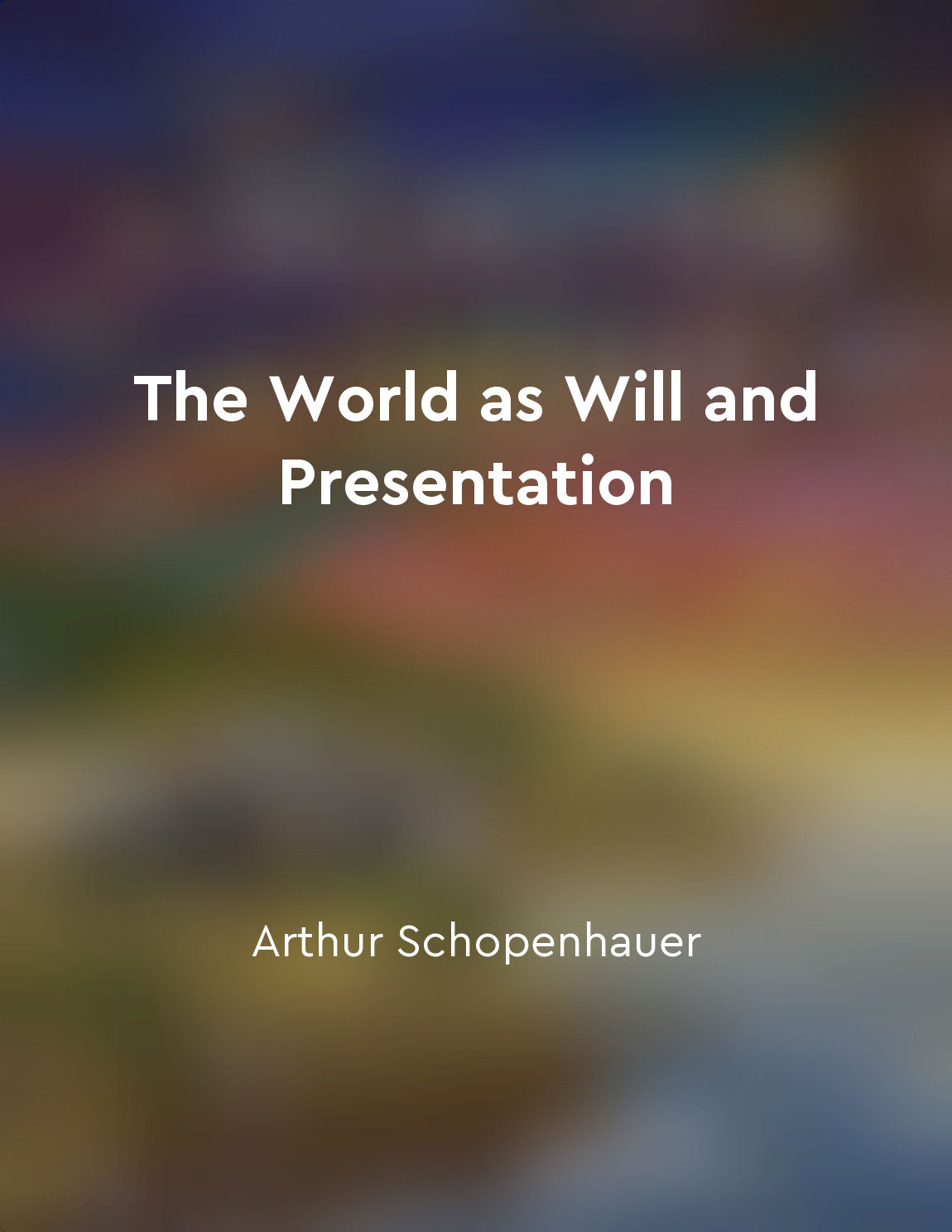Deconstruction and the future of philosophy from "summary" of Derrida and Deconstruction by Hugh J. Silverman
The concept of deconstruction and its implications for the future of philosophy are deeply intertwined in the works of Derrida. Deconstruction, as a method of philosophical inquiry, challenges traditional notions of presence, identity, and meaning. It seeks to expose the inherent instabilities and contradictions within language and thought, highlighting the impossibility of arriving at any fixed or definitive meaning. Derrida's deconstructive approach calls into question the very foundations of Western metaphysics, which have long been based on binary oppositions and hierarchical structures. By deconstructing these oppositions, such as presence/absence, speech/writing, and nature/culture, Derrida opens up new possibilities for thinking beyond traditional philosophical frameworks. One of the key implications of deconstruction for the future of philosophy is its insistence on the decentering of the subject. Derrida argues that the subject is not a stable or coherent entity but is rather constituted through a series of linguistic and discursive practices. This challenges traditional notions of the self as a unified and autonomous agent, pointing towards a more fluid and relational understanding of subjectivity. Furthermore, deconstruction disrupts the idea of a fixed and knowable reality, highlighting the ways in which language and interpretation shape our understanding of the world. This has profound implications for epistemology, ethics, and politics, as it calls into question the possibility of objective knowledge or moral absolutes.- Deconstruction opens up new avenues for thinking about the nature of reality, truth, and agency in the 21st century. It invites us to embrace complexity, ambiguity, and uncertainty, rather than seeking to impose rigid categories or grand narratives onto the world. Ultimately, the future of philosophy lies in engaging with the challenges posed by deconstruction and reimagining the ways in which we think about ourselves, our world, and our place within it.
Similar Posts
Authentic existence involves living in a way that is true to oneself and one's values
Sarah Bakewell delves into the essence of authenticity in living, emphasizing the importance of aligning one's actions with one...
Language is a social activity that relies on shared conventions
Language is not something that exists in isolation. It is a social activity that relies on shared conventions. These convention...
Importance of skepticism in thought
Skepticism is a powerful tool in the pursuit of knowledge. It allows us to question our beliefs and assumptions, to challenge t...
Knowledge is derived from experience and reason
Knowledge is not something that we are born with, but rather something that we acquire through our experiences and our ability ...
Language is a key tool for understanding being
Language plays a crucial role in our understanding of being. Through language, we are able to communicate our thoughts, feeling...

True fulfillment comes from within, not from external sources
The true source of fulfillment lies within the depths of our own being, rather than in the external world that surrounds us. It...
Metaphysics must think beyond the obvious
Metaphysics, as the study of being as such, must transcend the ordinary understanding of reality. It cannot be limited to what ...

